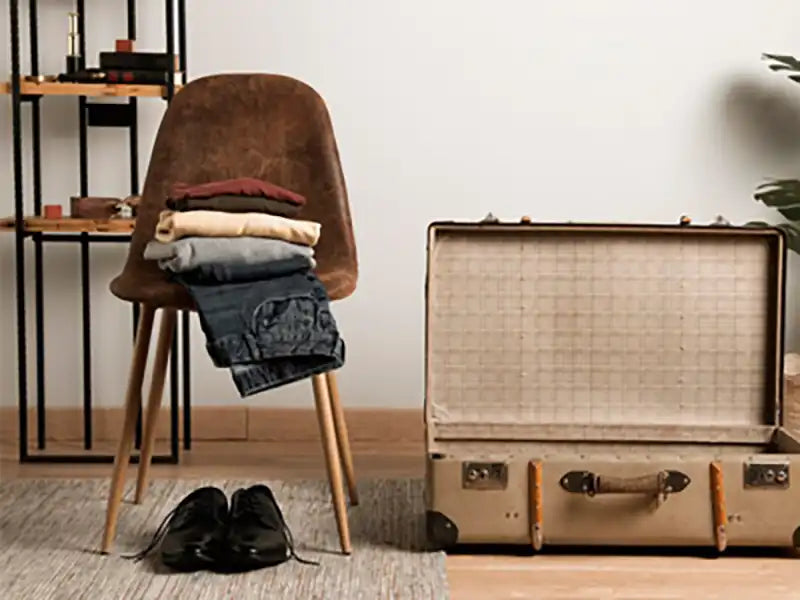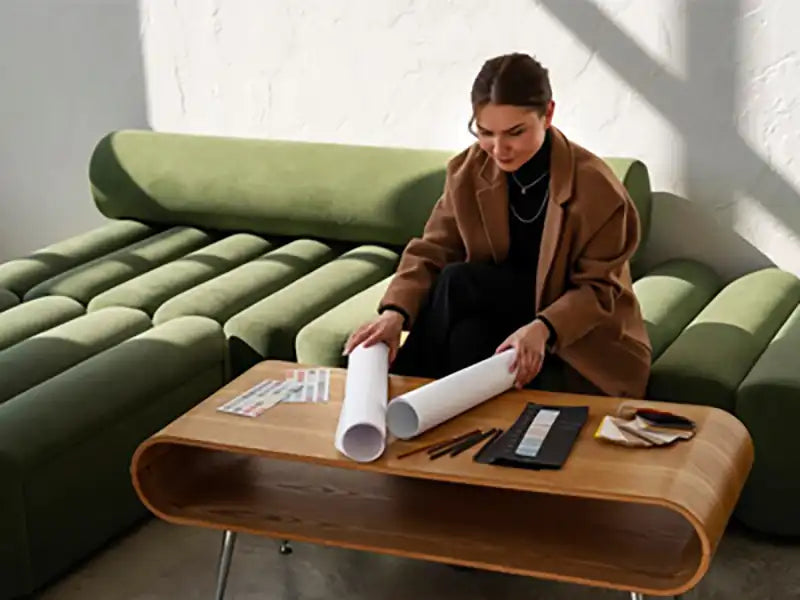Cats are beloved companions, but their natural instinct to scratch can wreak havoc on our furniture. Instead of resorting to declawing, a painful and inhumane procedure, there are humane and effective ways to prevent your feline friend from using your favorite couch as a scratching post.
Provide an Attractive Alternative
Cats scratch primarily to mark their territory, stretch their muscles, and shed the outer layer of their claws. To redirect this behavior, invest in a high-quality scratching post or pad. Place it near their favorite furniture so it's a more appealing option. Choose a post made from sisal, cardboard, or wood, as these materials are cat-friendly and satisfying to scratch.
Catnip Magic
Sprinkle a bit of catnip on the designated scratching post or pad to make it even more enticing. Catnip acts as a natural attractant for most cats, encouraging them to explore and use the designated scratching area.
Double-Sided Tape
Cats often dislike sticky textures. Cover the edges of your furniture with double-sided tape or specially designed furniture guards. When your cat encounters these sticky surfaces, they are less likely to scratch and will eventually learn to avoid them.
Deterrent Sprays
Consider using a cat deterrent spray on your furniture. These sprays are safe for cats and have a scent that cats find unpleasant but is harmless to them. After a few experiences, your cat may steer clear of the treated furniture.
Regular Nail Maintenance
Keep your cat's claws trimmed to minimize damage. If you're not comfortable doing it yourself, consult a veterinarian or a professional groomer for guidance. A cat with shorter claws is less likely to cause significant harm when they do scratch.
Soft Paws or Nail Caps
Soft Paws or nail caps are small, non-toxic covers that fit over a cat's claws. They are a humane alternative to declawing and can prevent damage to furniture while allowing your cat to retract and extend their claws naturally.
Positive Reinforcement
When your cat uses the designated scratching post or pad, offer praise and treats. Positive reinforcement will encourage them to repeat the behavior. Conversely, if they scratch the furniture, avoid scolding or punishing them; it can lead to anxiety or aggression.
Environmental Enrichment
Cats need mental and physical stimulation. Ensure they have toys, climbing structures, and playtime to help burn off energy and distract them from scratching furniture out of boredom or frustration.
Temporary Furniture Covers
If all else fails, consider using washable furniture covers or slipcovers on your favorite pieces. These can protect your furniture while you work on redirecting your cat's scratching behavior.
Stopping cats from scratching furniture is possible with patience, understanding, and the right strategies. Remember that scratching is a natural feline behavior, and your goal should be to redirect it, not eliminate it entirely.
By providing attractive alternatives, using deterrents when necessary, and practicing positive reinforcement, you can enjoy a scratch-free home while ensuring your furry friend remains happy and healthy.






